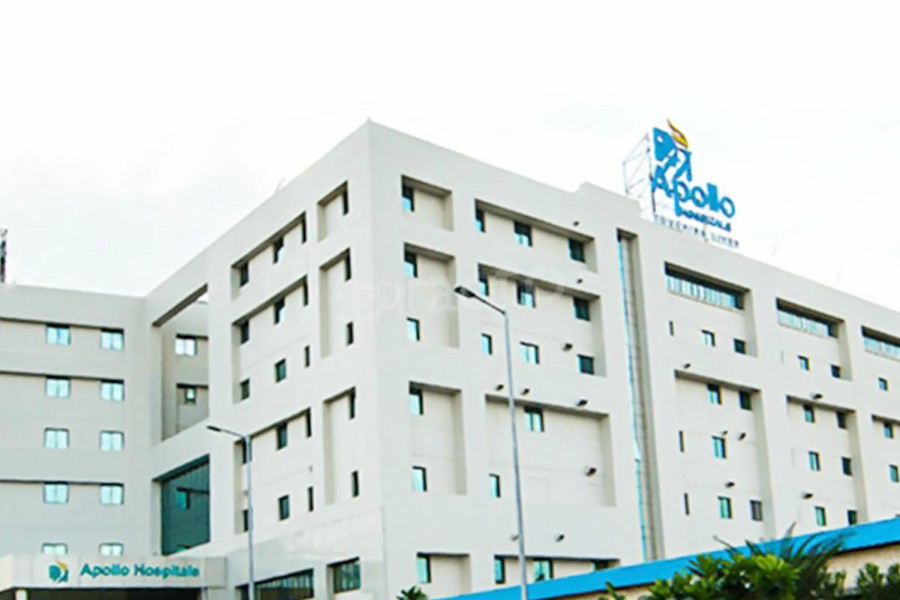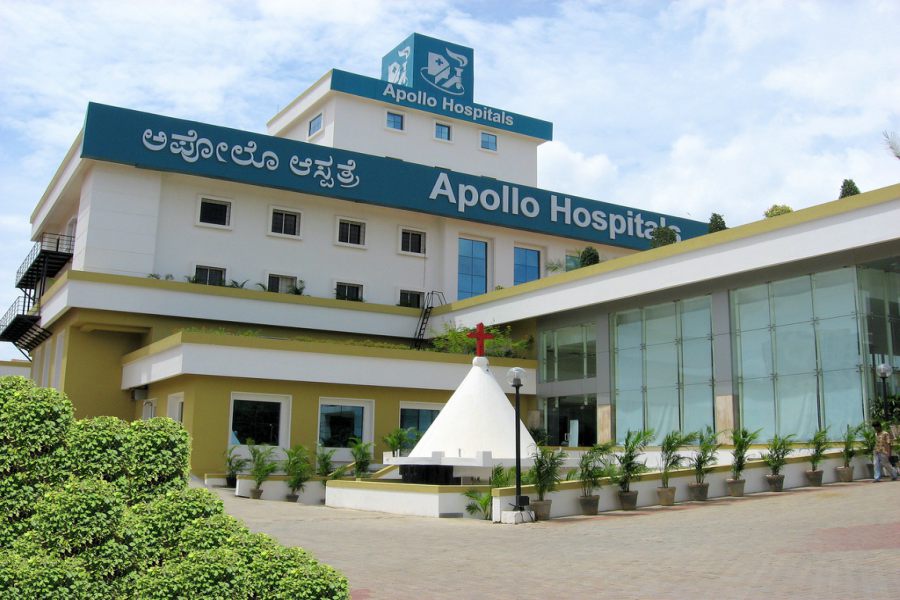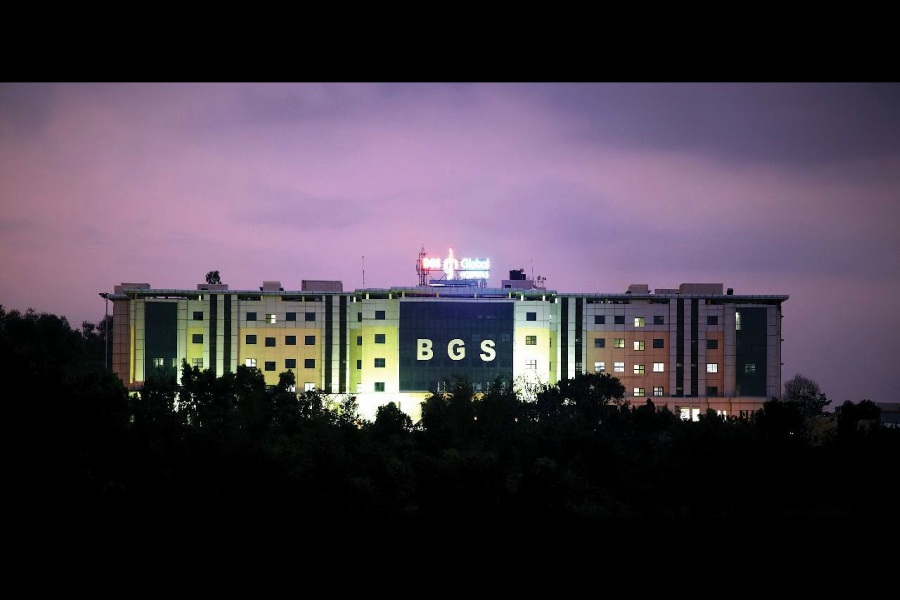
Overview
Do you have blurred vision? It might be a sign of retinal detachment. Do not ignore it, as it may lead to permanent blindness.
Retina is a thin layer of light-sensitive tissue present at the back of the eye. The primary function of the retina is to send the visual images to the brain by the optic nerve. When any part of the retina is pulled or lifted away from its normal position, it is known as retinal detachment. Once the retina is detached, the vision is blurred. If the condition is not treated at the right time, it may lead to blindness. A surgical procedure can repair the retinal detachment. Retinal detachment surgery is done to position the retina back to its normal place
ELIGIBILITY
Retinal detachment is usually a medical emergency that needs immediate treatment. A person who has retinal detachment and is fit for the procedure can undergo surgery.
PREPARATION BEFORE PROCEDURE
During your visit, the surgeon will ask about the symptoms that occurred. Compete retinal examination will be done with the help of bright light and special lenses. In this examination, the complete back portion of the eye, including the retina, is examined. Any hole, tear, or detachment of the retina can be diagnosed in this examination. If any sign of bleeding is present, your doctor may do an ultrasound to have a clear picture of the retina.
PROCEDURE TYPE
Based on the characteristics of the retinal detachment, three different types of surgery may be performed:
- Pneumatic retinopexy: In this method, a gas bubble is injected inside the eye. The gas bubble will push the retinal tear against the wall of the eye and closes the tear. Cryosurgery or laser is used to hold the retina to the eye wall surrounding the retinal tear. This gas bubble will slowly disappear on its own.
- Scleral buckle: In this method, a flexible band or scleral buckle is placed around the equator of the eye. This band counteracts the force that is pulling the retina out of place. In this method, usually the fluid under the retina is drained out by the surgeon, which allows the retina to move back to its normal position.
- Vitrectomy: In this method, the vitreous gel, which pulls on the retinal surface, is removed. A gas bubble replaces this removed gel. The body’s fluid will gradually replace the gas bubble. Sometimes, instead of a gas bubble, an oil bubble is used, which will be removed by another surgical procedure. In some cases, vitrectomy is performed along with scleral buckle.
ABOUT PROCEDURE
The retina detachment procedure can be performed under local or general anaesthesia, depending upon the condition. The steps of the procedure may vary depending on the type of the procedure.
POST-PROCEDURE CARE
After the surgery, you may have little discomfort. Medications will be prescribed to make you comfortable. If you underwent a pneumatic retinopexy procedure, you might be asked to keep head in a specific position for a few days.
RECOVERY TIPS
Following measures may aid in speedy recovery after retinal detachment surgery:
- Avoid pressing or rubbing your eyes
- Wear an eye pad at night for protecting the eye
- Take all the eye drops as prescribed
- Avoid performing any vigorous activities for some weeks after the procedure
- Follow the instructions about the specific head position
- If you have severe pain, consult your surgeon immediately
FACTORS AFFECTING COST
The cost of retinal detachment surgery may differ based on the certain factors, such as:
- Type of the surgery
- Condition of the patient
- Type of the hospital
- Surgeons experience
- Medication
- Post-operative care
- Hospital stay (if required)
FAQ
No, you will be restricted from travelling by flight until the air bubble is gone. You may also be restricted from doing some other activities like scuba diving and taking certain anaesthesia.
It may take some months for the vision to improve after the surgery. In some cases, it may never return fully even after the procedure.
No, retinal detachment is painless. But, it may show symptoms like blurred vision, photopsia (flashes of light in one or both eyes), a curtain-like shadow over the visual field, and reduced peripheral vision.
Like any other surgery, retinal detachment surgery also has certain risks, such as cataract, high pressure inside the eye, infection and bleeding.
Yes, an eye injury can lead to retinal detachment. However, it is a less common cause of retinal detachment.


 Best Hospitals
Best Hospitals













